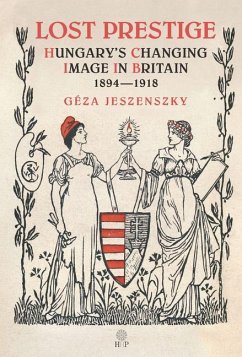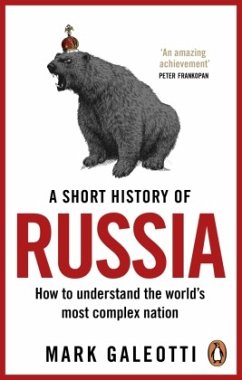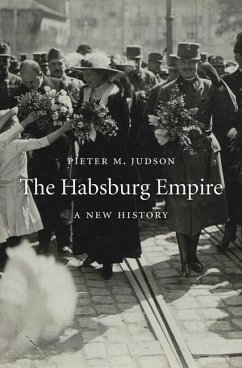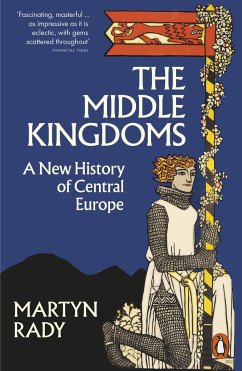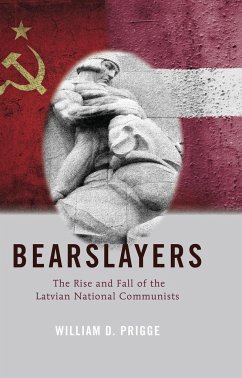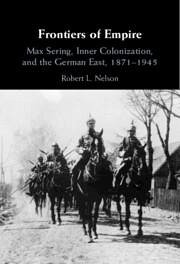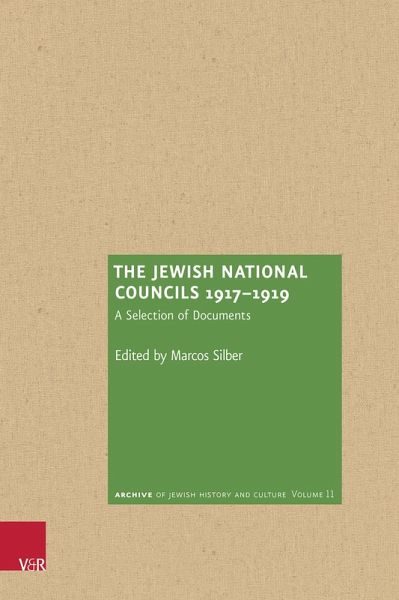
The Jewish National Councils 1917-1919
A Selection of Documents
Herausgegeben: Silber, Marcos;Mitarbeit: Diner, Dan
Versandkostenfrei!
Sofort lieferbar
150,00 €
inkl. MwSt.

PAYBACK Punkte
0 °P sammeln!
At the end of the First World War, Jewish national councils emerged in nearly every successor state to the multinational empires of East-Central and Eastern Europe. In the wake of war, revolution, and the formation of new nation-states, as well as unprecedented waves of anti-Jewish violence, they sought acceptance as representatives of the Jewish population. The councils fought for equal rights, Jewish autonomy, and the recognition of the Jews as a nation. Additionally, they worked to curtail anti-Jewish violence, organized relief for victims of war and pogroms, and supported Jewish refugees. ...
At the end of the First World War, Jewish national councils emerged in nearly every successor state to the multinational empires of East-Central and Eastern Europe. In the wake of war, revolution, and the formation of new nation-states, as well as unprecedented waves of anti-Jewish violence, they sought acceptance as representatives of the Jewish population. The councils fought for equal rights, Jewish autonomy, and the recognition of the Jews as a nation. Additionally, they worked to curtail anti-Jewish violence, organized relief for victims of war and pogroms, and supported Jewish refugees. Furthermore, the councils formed a transnational network in order to present the demands of Eastern European Jewry at the Paris Peace Conference in 1919 with one voice. By presenting original documents on the Jewish national councils throughout East-Central and Eastern Europe for the first time, this edited volume opens up new perspectives on the history of the Jews at the end of the First World War, the history of Zionism, and the history of East-Central and Eastern Europe.




